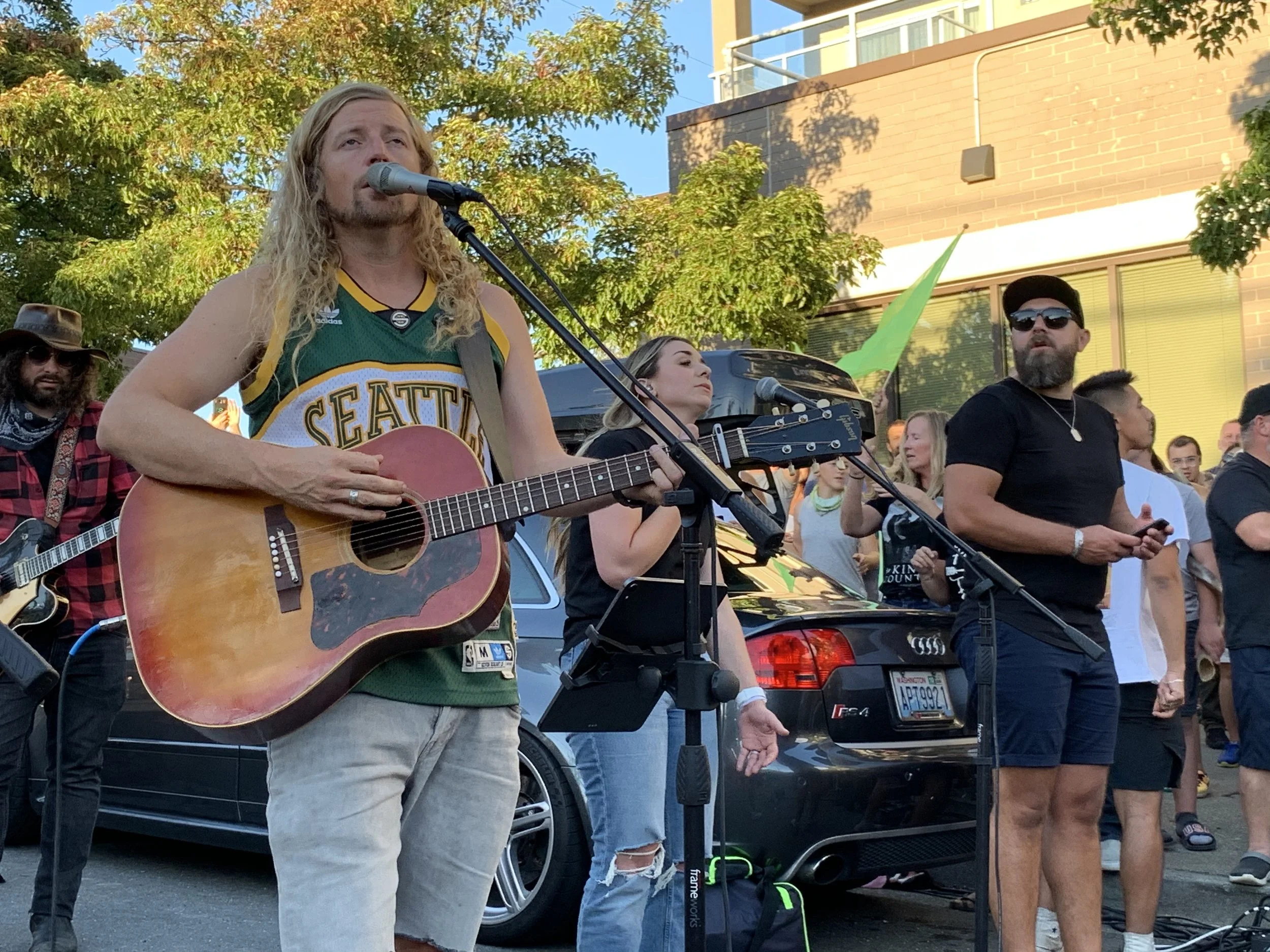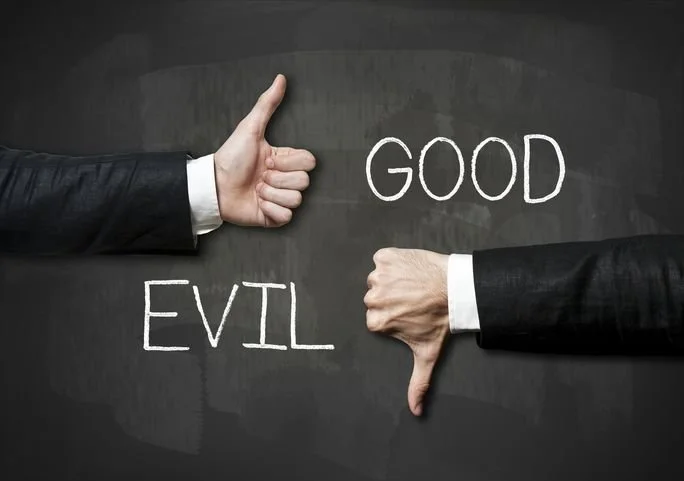Once upon a time, back in the days of the Bill Clinton White House, there was a strong church-state coalition that stretched, basically, from the Assemblies of God to the Unitarians. The legal activists in this coalition didn’t agree on everything, but they did agree on some basic First Amendment principles that helped defend believers in a wide variety of religious minorities.
If you know the history of that era, you can sense that a few important words are missing from the recent Los Angeles Times report (behind a paywall) that ran at Yahoo!News with this aggressive headline: “Court says San Jose school district must recognize Christian club that excludes LGBTQ kids.”
That headline, of course, could have noted — somehow — that the this victory for the Fellowship of Christian Athletes was based on the same legal principles that defend the First Amendment rights of LGBTQ support groups at the same school.
The key is that there are two crucial words — “equal access” — that are missing from this rather solid story, which includes enough quoted material from voices on both sides for readers to figure out what is going on (if they have a background in church-state studies). Hold that thought.
First, here is the Times overture:
In spring 2019, a teacher at Pioneer High School in San Jose posted a message on his classroom whiteboard questioning a "Sexual Purity" statement that a club for Christian student athletes was requiring its leaders to sign.
The club's statement said sexual relationships should exist only between married, heterosexual couples. The teacher wrote that he was "deeply saddened" that a club on the public school campus made its leaders "affirm" those ideas, and he asked students what they thought.
The resulting firestorm led to the San Jose Unified School District rescinding recognition of the Fellowship of Christian Athletes for excluding LGBTQ students in violation of the district's nondiscrimination policy. In response, the club and its international parent organization sued in federal court, alleging religious discrimination.
On Monday, the Fellowship of Christian Athletes won a major victory when a three-judge panel of the U.S. 9th Circuit Court of Appeals ordered the club be reinstated as an official student group for the current school year while litigation between the parties continues in the lower district court.
Shutting down the FCA violated the “nondiscrimination policy”?










